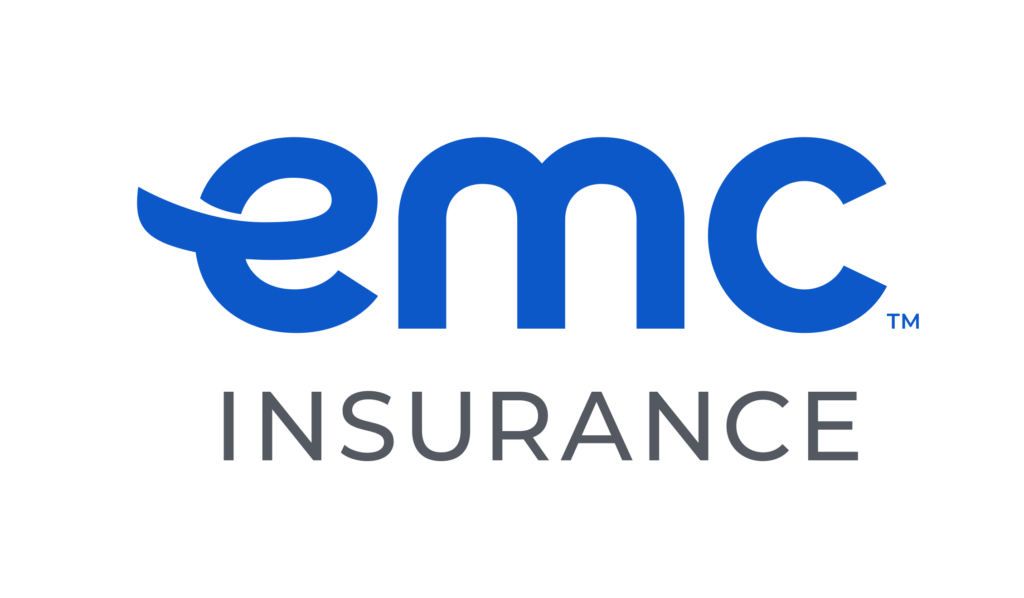Bet on health care

Dear Mr. Berko:
Do you think that health-care costs and spending under Obama-care will continue to grow (especially drugs) in the coming decade? My broker wants me to buy 200 shares of Teva. Please tell me what you think. A friend who works for Pfizer tells me that Teva’s biggest drug, Capaxone, will lose its patent in two years, and this will hurt the company’s revenues.
J.L., Wilmington, Del.
Dear J.L.:
The U.S. population in 2000 was 291 million, give or take a few million. The U.S. population in 2009 was guesstimated to be about 310 million. That’s an increase of about 7 percent. In that same time frame, revenues of the large hospital chains grew fourfold, and revenues of the large health insurance companies increased a minimum of fivefold.
Last year, Americans spent more than $241 billion on prescription drugs, up 104 percent from the $118 billion spent in 2000. About 55 percent of Americans over the age of 60 use five or more drugs each day (according to the National Center for Health Statistics), and 31 percent of teenagers are taking drugs for attention deficit disorders, hyperactivity and related conditions.
We spend enormously more money on health care than any other nation in the world. And yet, the advent of Obamacare could cause our spending on drugs to triple in the next 10 years, and truckloads of money will be made by hospitals, health insurers and drug companies. So, two analysts at the National Psychic Family Network (NPFN) are recommending Teva Pharmaceutical Industries Ltd. (TEVA-$50.16). Teva, a $16 billion global drug company and one of the largest generic pharmaceutical makers in the world, could triple its current price in the coming six to eight years, according to the NPFN. Since 2000, Teva’s revenues have tripled to $16 billion, income went nuclear from $148 million in 2000 to $4.2 billion this year and net profit margins have tripled to 27 percent.
Teva’s Copaxone dominates the multiple sclerosis market and comes off patent in three years, but most docs will be reluctant to switch to a new drug. Copaxone has a superb profile, with top-notch safety/efficacy versus the other drugs, which have adverse side effects. Any slowdown in Copaxone easily will be offset by Teva’s 211 generic applications waiting for approval by the Food and Drug Administration.
Teva also has a few late-stage drugs in development that address women’s health, which will certainly boost its branded portfolio.
Teva’s revenues, net profit margins and earnings have astounded analysts, and future revenues and earnings are on track to do the same. Per-share earnings ($3.37 in 2009) should come in at $4.58 this year, and low estimates for 2011 are $5.31 on revenues of $18.6 billion.
This is a brilliantly managed Israeli company trading at 11 times forward earnings. Since 2000, Teva split (2 for 1) twice, and its share price zoomed from $15 to more than $60 this year. The balance sheet is sterling, debt is 21 percent of equity, and more than 900 institutions own 55 percent of the 980 million shares. Twenty-six analysts follow Teva, and 23 of them rate it a “buy.” Buy 200 shares; it should do as well in the coming 10 years as it did in the last 10.
Please address your financial questions to Malcolm Berko, P.O. Box 1416, Boca Raton, Fla. 33429 or e-mail him at malber@adelphia.net. ©2010 Creators.com











